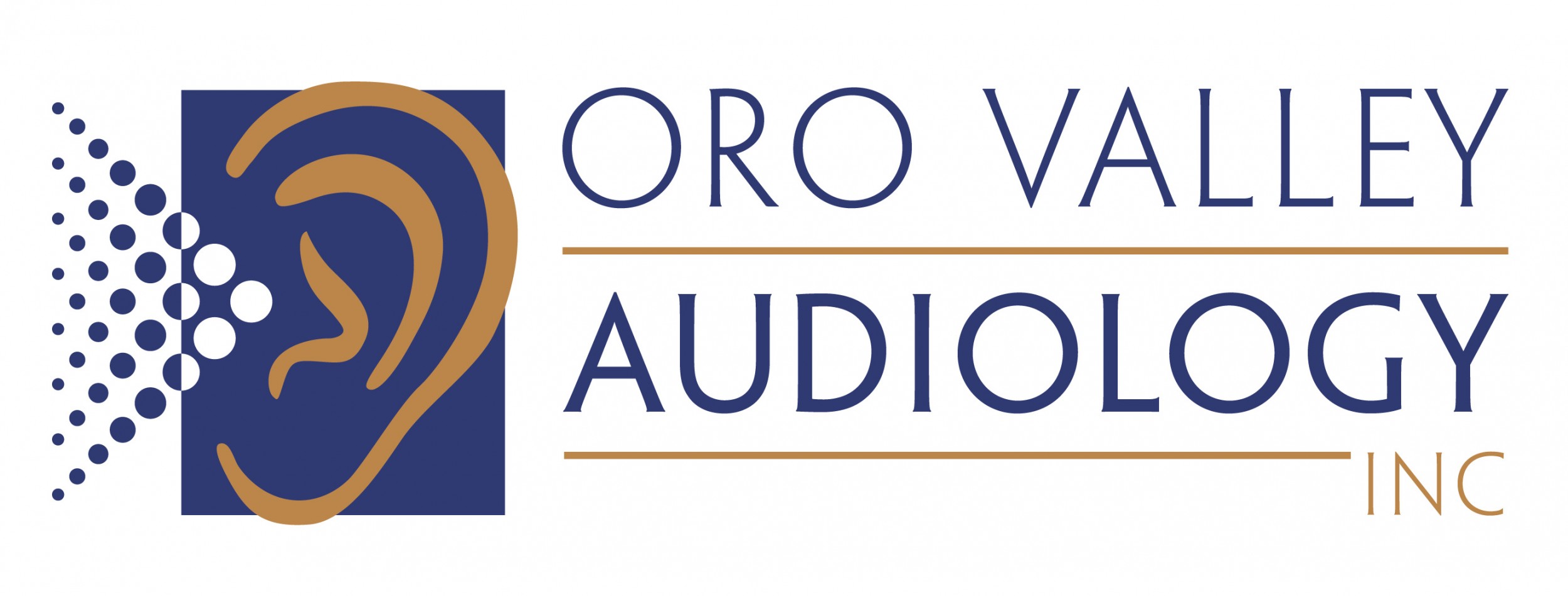The question arises quite often on how do you know if you have a hearing loss? The answer is not black-and-white, but it must start with the diagnostic audiological exam. We share that you should be having a hearing exam long before you ever suspect hearing loss. If we do not have a baseline, there is nothing to compare recent tests with, making the root cause of the hearing loss become much more difficult.
When someone makes an appointment at our office, there is paperwork, just like any other medical practice would have. We do need to collect demographic and insurance information if our patients need us to bill on their behalf. We also include detailed case history, medication forms, and other hearing loss scales to help uncover the communication challenges that have arisen for our patient. If we are not provided this information, it is much more difficult to find solutions. There are many aspects of a true diagnostic audiological exam. The “beep- beep” pure tone test, which was developed during World War II, is still used for hearing sensitivity. It gages the softest sound at each pitch between the ears. It’s also important to measure how the middle ear is functioning, the cochlea’s outer hair cells, pathways through the lower brainstem, auditory portions of the brain, and hearing/noise functioning. If the tone test is completed only, this will only show the bare minimum to see the soft sounds that the individual can hear. It is not a good predictor if hearing aids are needed. You would need the rest of the testing to help determine hearing aid candidacy.
Once the Dr. of Audiology reviews the case history, medication, surveys and evaluation results, a communication guide is created for each patient. This may include hearing aids, accessories, applications, and aural rehabilitation. We also like to include important communication partners in the process. This can be friends, family, or others close to the individual. Having a good support system helps our patient’s dedication to improving their communication and their relationships. Better hearing is a lifelong commitment and entails follow-up visits, adjusting goals, and finding future solutions. The year just picks up sound, but the brain must interpret. If we only amplify the sound, we will not have as much success as we would’ve if we included cognitive strategies to improve short-term memory, hearing and noise, and better cognitive bandwidth.
Using a hearing aid that is fit appropriately is good for mental and cognitive health. For those with a very mild hearing loss, OTC will be available soon. However, taking an online hearing test will only acknowledge if there is a hearing loss present, like the pure tone test, and it does not dive deeper into where the hearing loss is occurring. Several professionals can do the pure tone test, but only audiologists are qualified to do the deeper diagnostic tests. This locates where the hearing loss or communication challenges are recurring, and audiologists can develop a communication strategy for the patient.
Start with a baseline, and if you have other linked health issues, such as diabetes or kidney disease, have your hearing checked annually.


